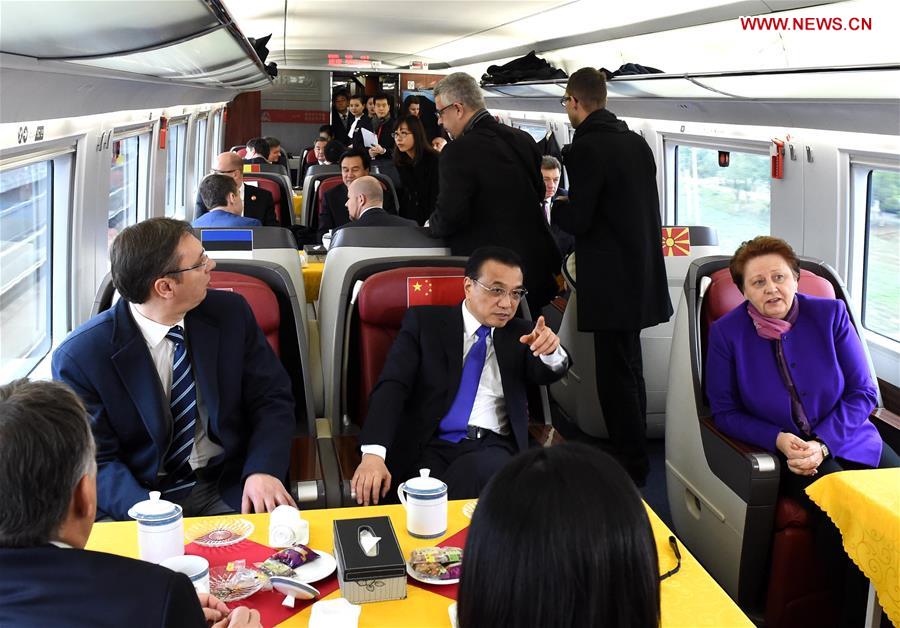
Ágnes Szunomár, Head of the Research Group on Development Economics, Institute of World Economics
Dec 06, 2017
In the past decade, China has increasingly been perceived in Central and Eastern Europe (CEE) as a country which could bring economic benefits to the region through developing trade relations, growing inflow of Chinese investment and recently also through infrastructure projects.
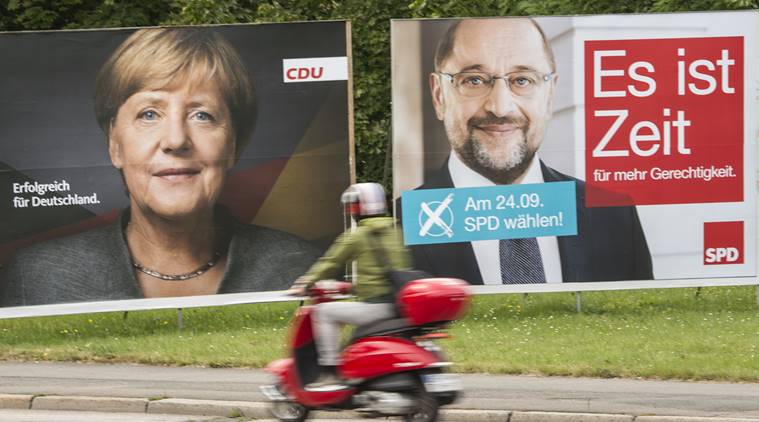
Feng Zhongping, Director, Institute of European Studies, Chinese Academy of Social Sciences (CASS)
Oct 16, 2017
Changes in Germany’s political landscape manifested in the election results despite Angela Merkel’s fourth term win. These changes will alter the course of the country’s future.
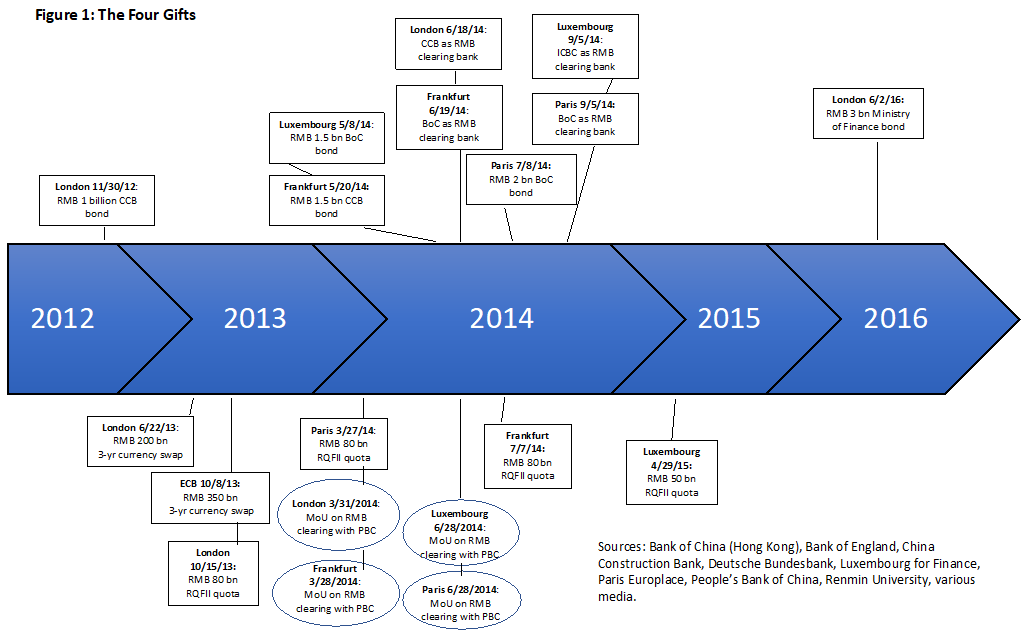
Beth Smits, PhD candidate, Paul H. Nitze School of Advanced International Studies (SAIS), Johns Hopkins University
Oct 13, 2017
A look at the timeline for when the European Union’s financial centers acquired the infrastructure necessary to be considered as offshore hubs for the Chinese currency provides a new angle to consider how Beijing plans to internationalize its currency.
Sep 28, 2017
German industrial group Siemens AG and French rival Alstom SA agreed to merge their rail operations, creating a European champion to better withstand the intern
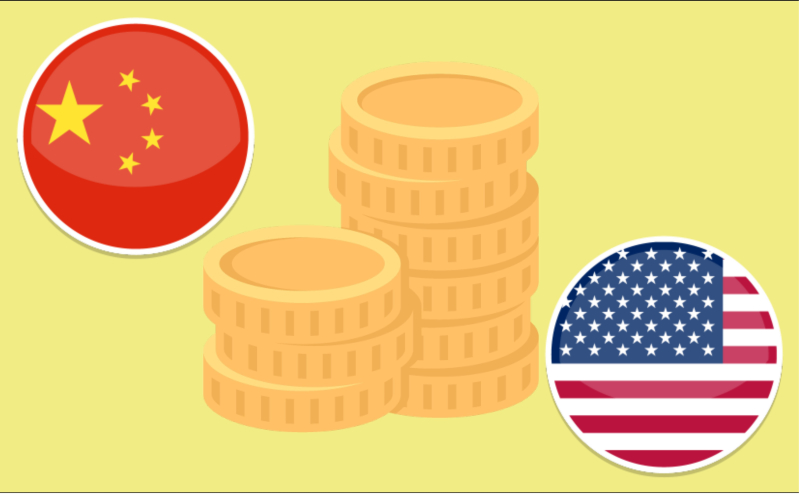
Yukon Huang, Senior Associate, Carnegie Endowment
Aug 07, 2017
In the near-term, the trigger for increased China-U.S. tensions might be foreign policy-related, for example, a hardening of positions on North Korea or a maritime incident. Or it could come from the U.S. taking more punitive economic measures.
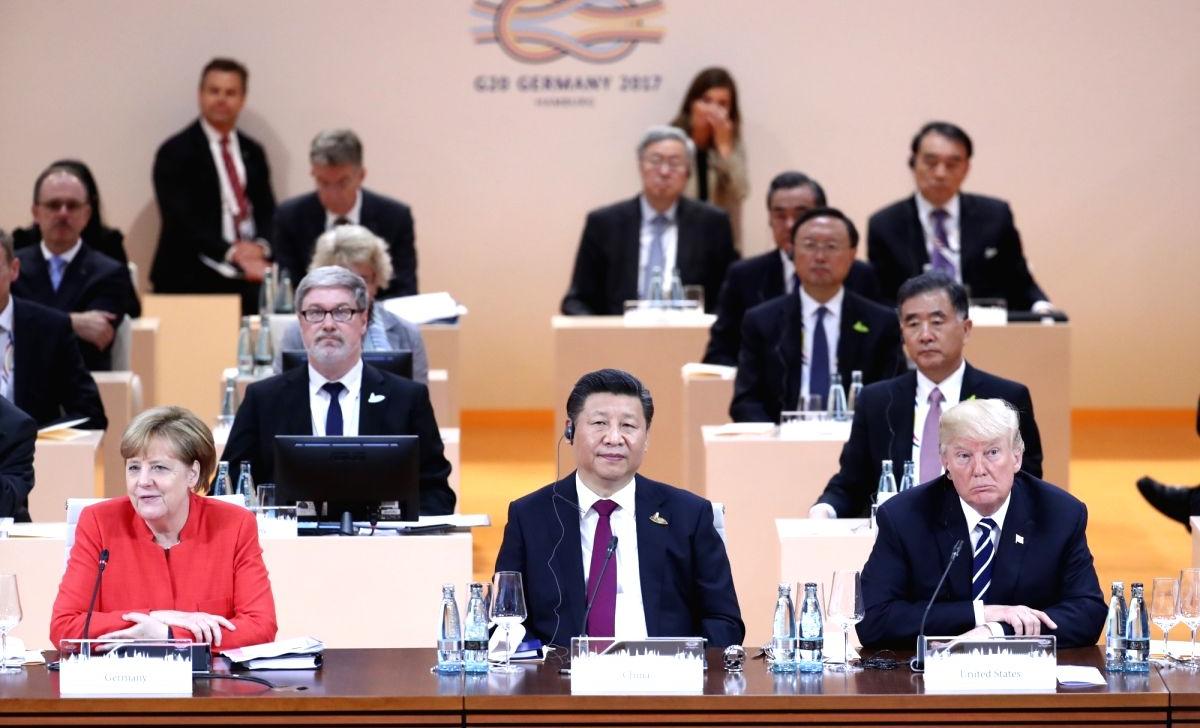
Yu Sui, Professor, China Center for Contemporary World Studies
Jul 19, 2017
Despite the shocking withdrawal by the US from the Paris climate accord, the G20 Summit in Hamburg, demonstrated that good and healthy bilateral relations continue to play their roles. Strategic partnerships are gaining respect, popularity and upgrading.

Ma Xiaolin, Professor, School of Arabic Studies, Beijing Foreign Studies University
Jul 17, 2017
Bordered by a strong yet not very friendly Russia, these countries are bearing the blows from forces against globalization. While it might be a good choice for them to cooperate with the United States to build a new political and economic bloc, it’s not clear if there is room for the United States and Russia to compete in both energy and geopolitics here.
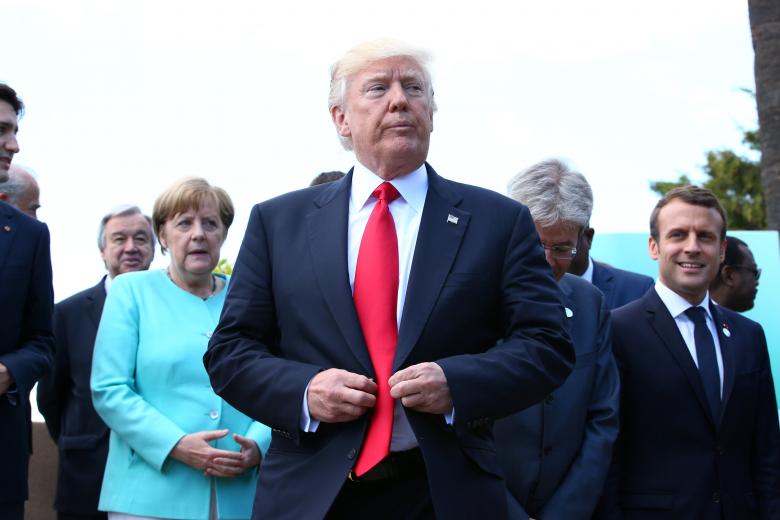
Joseph S. Nye, Professor, Harvard University
Jul 07, 2017
Europe is a long way from a common defense structure, but the need is growing. And, ironically, the unpopular Trump may prove more of a help than a hindrance.
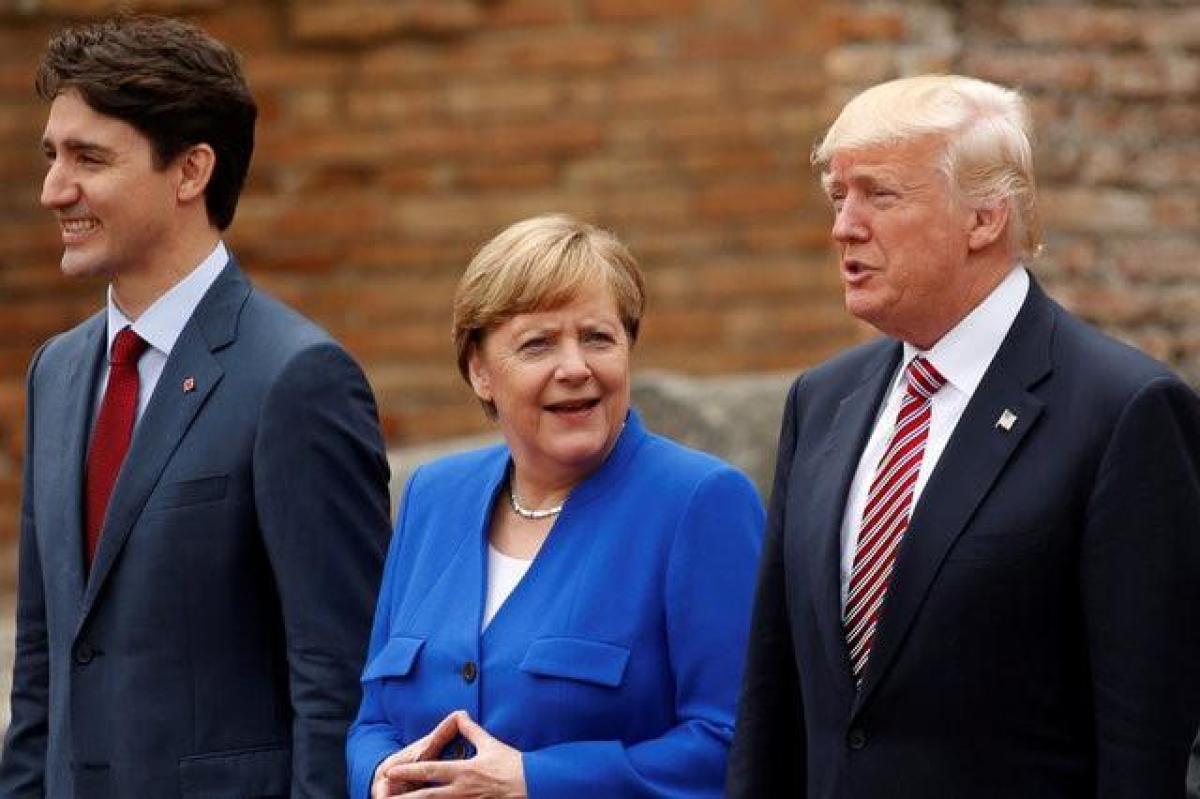
Wu Zhenglong, Senior Research Fellow, China Foundation for International Studies
Jul 03, 2017
Put simply, President Trump thinks that Europe and other allies have profited too much at the US’ expense and that the US should stop being such a sucker. That view will shape trans-Atlantic relations for the duration of this presidency.
Back to Top

- China-US Focus builds trust and understanding between the U.S. and China through open dialogue among thought leaders.
- Our Offerings
- Topics
- Videos
- Podcasts
- Columnists
- Research Reports
- Focus Digest
- Stay Connected
-
Thanks for signing up!
- Get the latest stories from China-US Focus weekly.